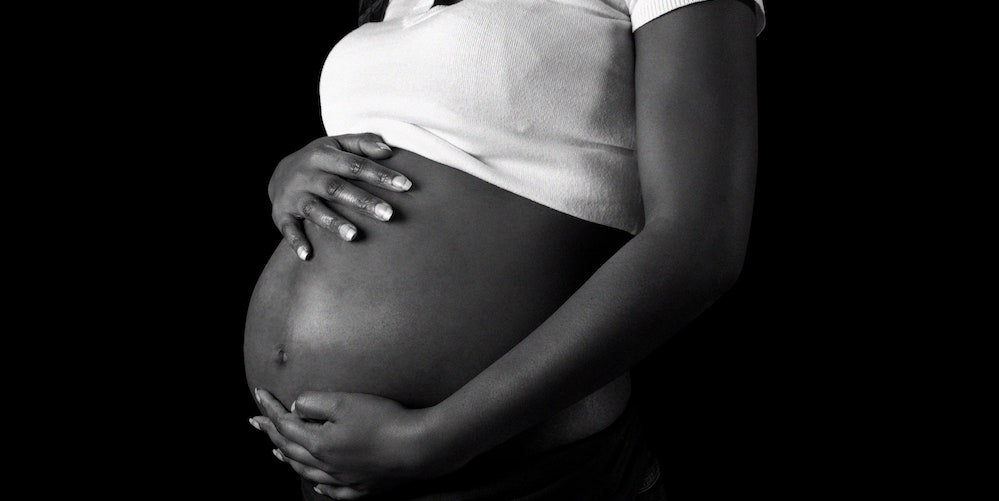Economic constraints hinder many women in Zimbabwe from deciding where to give birth, a recent study by Amnesty International has shown.
The research, titled: “I never thought I could get healed from this”: Barriers to treatment and human rights abuses against women and girls with obstetric fistula in Zimbabwe, was carried out between January 2018 and October 2020.
Obstetric fistula is a medical term for a hole that develops between the vagina and the bladder and/or rectum and is caused by prolonged pressure on those tissues during an obstructed labour.
While in most cases labour takes less than 24 hours, an obstructed labour can take several days, putting women’s lives and health at risk.
“Economic challenges were also found to undermine women’s agency to make decisions on where to give birth,” says the report.
“Even in cases where women might have wanted to approach the formal health system, they were unable to do so because they were economically dependent on their partners or families who were unwilling to pay for this. For example, two women who were interviewed in Gutu explained the nearest health facility was a Mission Hospital which charged US$25 to register for maternity care and US$50 for vaginal delivery. They explained that if a woman needed a caesarean, they had to pay for the drip and the medication in advance, and in emergencies, family members would need to pay the fees upfront.”
The two women, the report says alleged that if, after delivery, women are unable to pay the hospital bill, the hospital would keep their IDs and refuse to issue birth certificates.
“The women were concerned that mothers of girls in their community who are pregnant at 13 or 14 years old, preferred to have them give birth at home, to avoid medical costs,” says the report.
“They explained that all young girls are advised they are at higher risk of complications and so they cannot deliver at a clinic but must go to the hospital to give birth, where fees are more expensive. At community level, women explained that they faced challenges reaching clinics and hospitals because they needed to hire private transport to get there. Identifying someone with a car, and raising the money to pay them, could take hours.”
The report says community members reported to Amnesty international’s researchers that ambulances cost between US$3-US$40.
“These concerns were echoed by medical experts who emphasized the lack of ambulances and long distances to health facilities as contributing to high rates of obstetric fistula in rural areas,” says the study.
“The community dialogues in rural areas also highlighted deep gender inequalities in relation to economic power within relationships. There was a pervasive view that women are reliant on men to fund their access to health services. Participants also highlighted the costs of the “preparations”; items for the baby, including nappies, clothing and blankets which pregnant women are required to bring to the hospital.”

